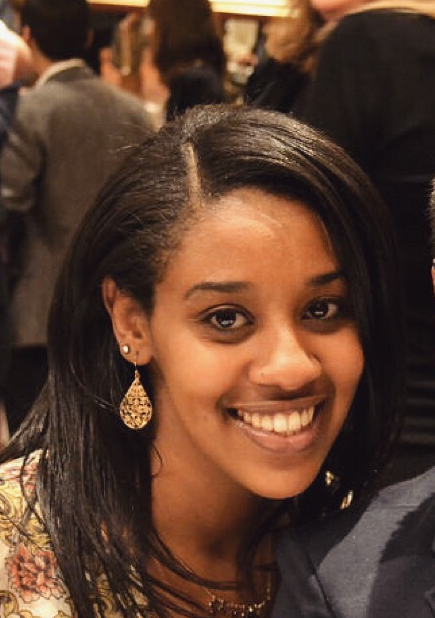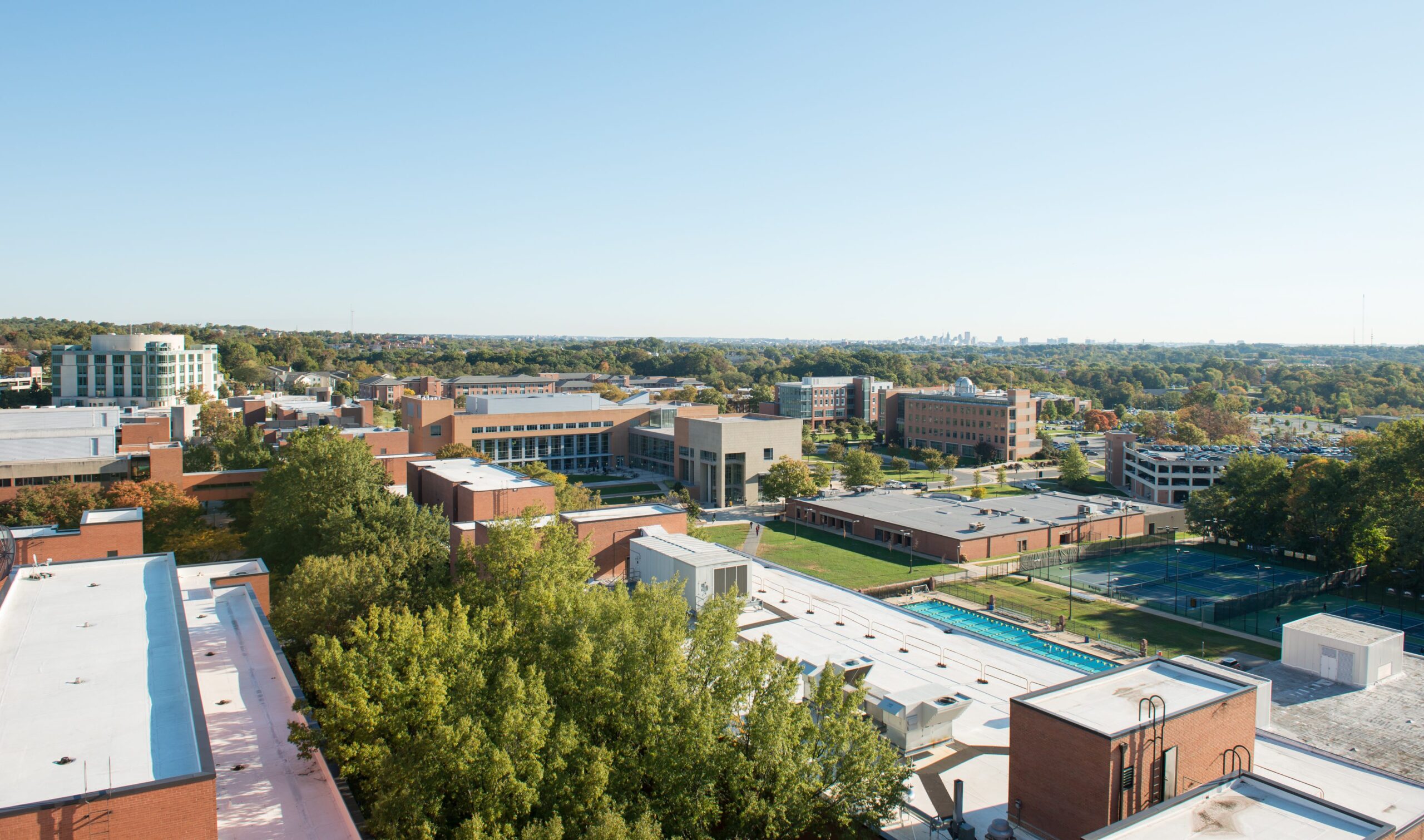On April 22, 2017, millions around the world will march in support of the value of scientific research. Among them will be more than a hundred Meyerhoff Scholars Program students and alumni in Washington, DC, plus dozens more at satellite marches in other U.S. cities, from San Diego to New York. Their message is two-pronged, voicing support for scientific innovation as well as the importance of diversity in science.

“Truth matters. Science matters. And diversity in science matters,” says Erwin Cabrera ’10, biological sciences, president of the Meyerhoff Alumni Advisory Board. “It’s important for the public to know that scientists are a diverse set of people, and that the Meyerhoff Scholars are effecting change in policy and in STEM fields now.”

“It’s important to see people like us in these fields, but I think it’s even deeper than that,” adds Lydia Grmai ’11, biochemistry and molecular biology, vice president of the advisory board. “A diverse research space is a more collaborative, open, and inclusive space, and doing research in that environment is just going to be more productive.”
President Freeman Hrabowski and other campus leaders support the scholars’ efforts. Hrabowski and Jay Perman, president of University of Maryland, Baltimore, published a joint op-ed in The Baltimore Sun and on Center Maryland championing science and the core values of march.
“It is the scientific method that helps us distinguish between fact and fiction, and to make progress in fields from medicine to energy production, which impact our everyday lives,” the presidents write. They add that the administration’s proposed “draconian budget cuts” will severely undermine scientific research in the United States—and as a result, people’s health and safety.
The next generation of scientists, who can be found at UMBC, UMB, and other institutions around the world, “are the people who will one day solve the greatest challenges of clean energy and global sustainability, human health and well-being, national security, and economic opportunity,” Hrabowski and Perman write. “We take this responsibility to educate tomorrow’s problem-solvers seriously, and we support them in their fight to preserve smart and humane science policy and investment.”
Investment in science in the past has contributed to major progress. “Every modern medical advancement that has saved a patient’s life had its origins in the research lab,” write the presidents. “Every leap forward in making our computers faster and smaller, capable of calculations that send astronauts to space and help us better understand Earth, is achieved by researchers who appreciate the power of science.”
Cabrera and Grmai also emphasize that who does science is important, and they speak with pride of the Meyerhoff Scholars Program for its national impact in training a diverse community of STEM leaders.
“There are so many scientists of color out in the forefront making amazing discoveries,” says Grmai. Yet, “it’s not lost on us that our predecessors and our pioneers didn’t do it easily…People helped them to get where they are, and then they reached back and they’re helping us. We feel that duty and that obligation to reach back as well.”
Decades hence, “We’ll be in the history books,” for marching for science, Cabrera predicts. “We want to make sure that UMBC and Meyerhoff Scholars and people of color are marked down in history as movers and shakers.”
For additional coverage of UMBC community members’ participation in the march, read “Maryland researchers see March for Science as way to raise public trust, support for discovery” and “Baltimoreans mark rainy Earth Day” in The Baltimore Sun and watch the WJZ segment “Baltimore students, scientists prepare for March for Science on Washington.”
Images: Header image of UMBC is by Marlayna Demond ’11 for UMBC. Photo of Cabrera is courtesy of Cabrera and Farmingdale State College. Photo of Grmai is courtesy of Grmai.
Tags: CNMS, COEIT, Hrabowski, MeyerhoffScholars

